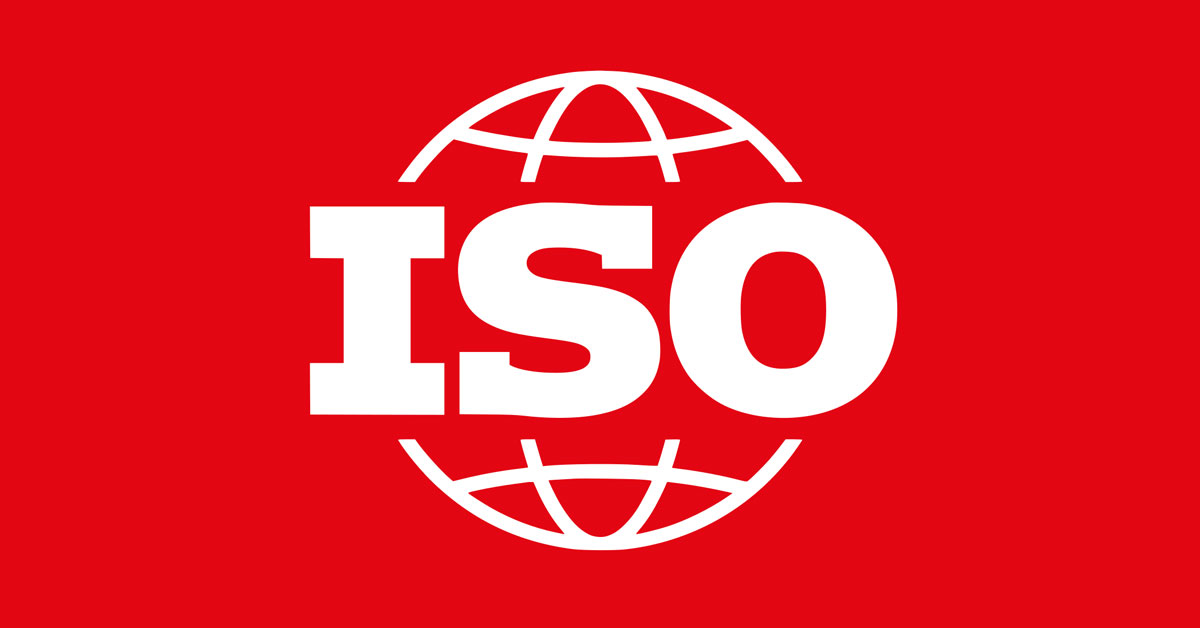Our Advocacy Made a Difference: ISO Does Not Gain Enough Votes to Develop Redundant Marketing to Children Standard
 July 27, 2021 | Recent advocacy by The Toy Association has made a difference: last week, the International Organization for Standardization (ISO) announced that it did not gain enough approval votes to develop a proposed standard for advertising and marketing to children, a work item that was strongly opposed by The Toy Association and other trade organizations and stakeholders around the world.
July 27, 2021 | Recent advocacy by The Toy Association has made a difference: last week, the International Organization for Standardization (ISO) announced that it did not gain enough approval votes to develop a proposed standard for advertising and marketing to children, a work item that was strongly opposed by The Toy Association and other trade organizations and stakeholders around the world.
As previously reported, The Toy Association submitted comments to the American National Standards Institute (ANSI), as the U.S. member of ISO, stating that the standard ignored existing and well-regarded codes and programs already in place in the U.S. and globally to effectively govern advertising and marketing to children and teens. The Association stressed how a new ISO initiative on this would be unnecessary and redundant.
“Thanks to our advocacy and the outreach we helped coordinate, urging other impacted trade organizations, companies, and stakeholders in the U.S. and abroad to weigh in against the proposal, ISO did not gain enough votes to support the development of such a standard, saving countless hours and resources of all stakeholders from having to develop an unnecessary guidance when strong and effective standards already exist,” said Joan Lawrence, The Toy Association’s senior vice president of standards and regulatory affairs. “For nearly 50 years the toy industry has been a leader in standards for toy safety and fair marketing principles, but this proposal would have completely missed the mark.”
ISO’s proposal was duplicative of an existing globally recognized International Chamber of Commerce Code for marketing and advertising, already adopted in 42 countries. There is also a robust system for self-regulation that has been in place in the U.S. for decades. The Children’s Advertising and Review Unit (CARU) Guidelines, first issued in the 1970s and updated many times since, establish a recognized framework of best practices for marketing to children in the United States. The principles of the CARU Guidelines are very much in keeping with those in the ICC Code. The U.S. FTC has also recognized CARU’s self-regulatory children’s privacy program as a “Safe Harbor” under FTC’s Children’s Online Privacy Protection Act (COPPA). COPPA, enacted in 1995, was the first children’s privacy law in the world.
As The Toy Association remains committed to protecting children and maintaining the trust of parents, it will continue to monitor and review relevant laws and standards pertaining to responsible marketing and advertising to children, educate members about these principles, and provide resources that help toy companies interact with children in a responsible way.
Questions on this matter may be directed to The Toy Association’s Leigh Moyers.